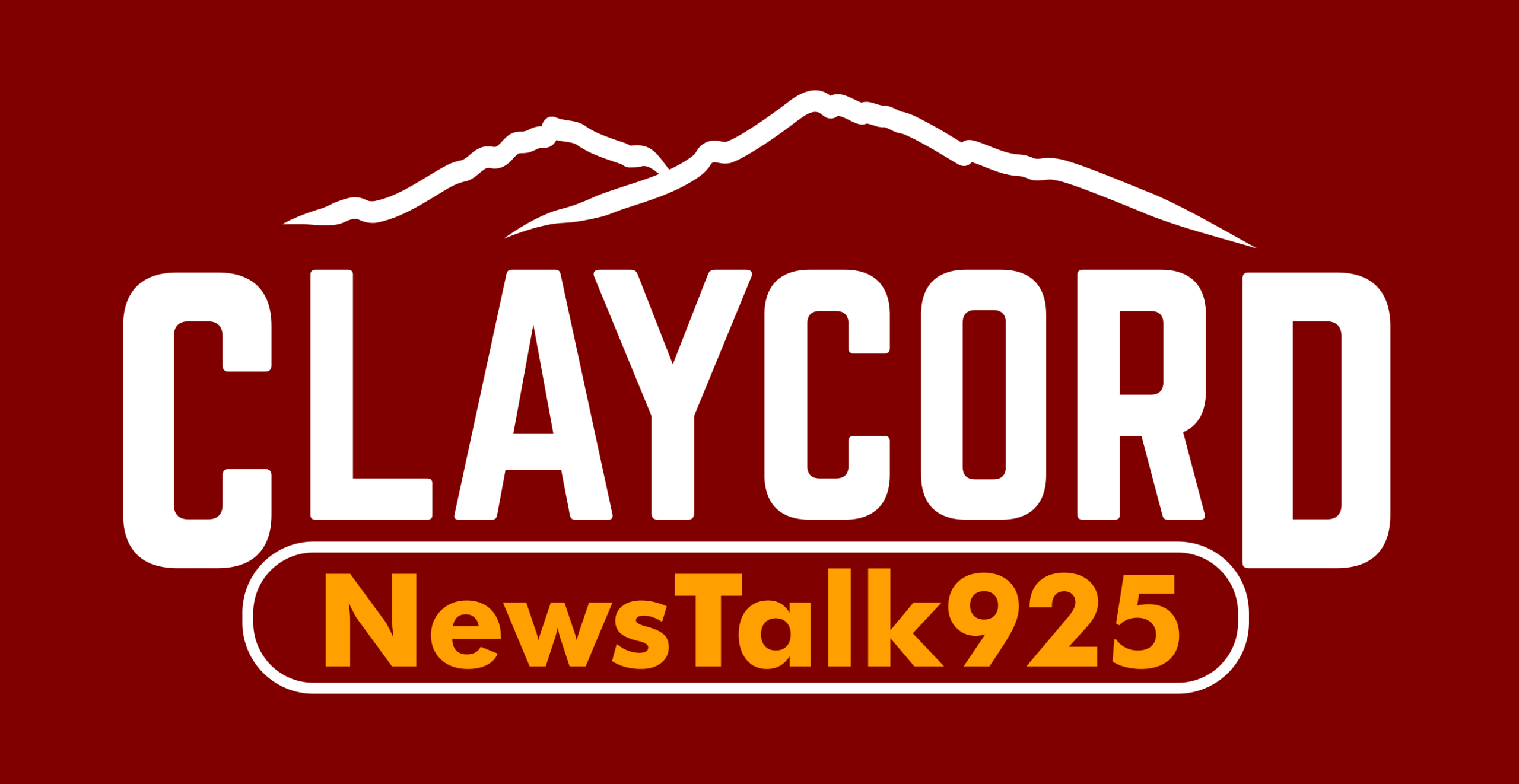BART stations will soon feature new fare gates intended to prevent fare evasion after the transit agency’s governing board unanimously approved a $47 million contract.
BART awarded the contract to Virginia-based STraffic America for the first phase of replacing some 700 fare gates across all of BART’s stations.
The new gates, which will tentatively include a set of clear swinging doors rather than the orange fins on the current fare gates, will ostensibly prevent BART riders from circumventing the gate in either direction while also ensuring that they will not slow down the flow of foot traffic, according to BART and STraffic officials.
The project will ultimately cost an estimated $90 million to replace the fare gates at every station by 2026, according to BART.
A prototype for the new gates will be installed by the end of the year at the West Oakland station, which is an ideal location due to its singular entry and exit point, according to BART and STraffic.
“We look forward to working with the BART team and providing new technology, new fare gates and, more importantly, the highest performance and the best possible customer experience to all riders in the Bay Area,” said Paul Korczak, a consultant with STraffic.
BART officials estimate that fare evasion costs the agency up to $25 million in fare revenue each year. BART officials have also argued that fare evaders make up the majority of those who are cited by BART police for other infractions.
“The project will go a long way in curbing the bad behavior, the drug use, the cleanliness issues, the crime that our riders are forced to live with every time they get on a train,” BART Board Director Debora Allen said. “It’s imperative to our customer experience and the return of riders to get this done as quickly as possible.”
BART has secured roughly $73 million of the project’s estimated cost, including the use of $21.7 million in state and federal funding and $22.9 million of BART’s own capital project funding.
On the project’s current timeline, STraffic and BART will begin installing new fare gates at more than a dozen stations next year.


.
What kind of warranty, maintenance plan, or service plan come with these gates? Will they be maintained and repaired by BART personnel or contracted out? Will parts be available and on-hand or do parts have to be ordered from the manufacturer?
.
What is the expected life span of the gates? Are they operated by proprietary software that is subject to an annual licensing fee?
.
Are they hack-proof? Both mechanical and programming?
.
The public wants to know.
.
It will not be perfect. No fare gate system will be. It will not stop 100% of fare evasion, but will certainly reduce it considerably be far superior to the nothing gates we have now. I have invested a lot of my own time in this initiative with staff members working on the project and I will continue to do so to make sure we get the best possible gates available.
Expected life span is 20 years. Annual support fees, yes. The new vendor warrants the product for a time, but ultimately it will fall on BART staff to maintain them. It is off the shelf, not custom parts like BART has historically done. Off the shelf means replacement components are readily available and easier to maintain than the current system. It is promised to be far easier and less expensive to maintain than the current systems. Hack proof will fall on the IT group at BART to address but will be addressed.
Thank you Director Allen for taking the time to respond to my queries regarding the new fare gates.
.
Now, if your Board and staff could take meaningful action about the bad behavior by certain members of the public. A recent post on NextDoor is as follows:
“Has anyone rode BART daytime on the weekend recently & experienced what we did very scary. Our BART car had 3 people passed out 2 were taking up the handicap seats one guy was on a seat but kept falling onto the floor. A guy boarded the train and grabbed the ropes above to do flips upside down and jumping up and down. A woman got on was going from train to train asking everyone for money. Never will we ever ride BART again. They said they hired all this security this can’t be true not one officer or security any where around.”
.
Thanks, I read the entire chain and all 100+ comments. My quote from the article above about fare gates: “The project will go a long way in curbing the bad behavior, the drug use, the cleanliness issues, the crime that our riders are forced to live with every time they get on a train,” BART Board Director Debora Allen said. “It’s imperative to our customer experience and the return of riders to get this done as quickly as possible.”
Unfortunately I am in the minority on this board and 5 directors have opposed fare enforcement tactics for far too long using the counter argument of transit should be free. In 2023, we finally got them all on board with the fare gate replacement project. Some directors are still lobbying the state legislature to remove the criminal infraction provisions for fare evasion from the penal code as was done in NY. “Not THIS year”, the CA Assembly Public Safety Committee advisor told them. Stay tuned…
Spend, spend, spend.
Onward to the fiscal cliff.
This is one of the few BART projects that helps shore up the over $320M annual deficits BART now incurs. The ROI in pure revenue is 5-7 years. Beyond that, the money spent securing these stations helps keep the bad behavior out that riders constantly complain of. The maintenance costs on the gates are far less, and keeping non-paying criminal activity out of the system is a win for the riders.
Bart commuter, here. I’ll believe it when I don’t see evaders anymore.
As with any BART project, it will take far longer than it should. But this is the start of the project. First array will be installed at West Oakland by end of year after a 7 month design and testing period. Thanks for for your patience and continuing to ride.
Thank you for taking time to respond on Claycord. Many of us here remember BART when it was clean and safe transportation. As California has become a violent and unsavory state, clean and safe are obviously much bigger challenges for BART. Unfortunately some of the other BART board members have been vocal with their personal political beliefs which clearly lack interest in running a clean and safe railroad. If we seem incredulous, blame them.
Bay Area Rolling Failure (BARF)
Bay Area Ramshackle Fiscally (BARF)
Bay Area Rapid Failure (BARF)
Is this like the $20,000 trash can in SF?
Interesting how all of the press releases claim the contractor Straffic America is an American company when financial stories not about BART make it clear it is a wholly owned subsidiary of a Korean company.